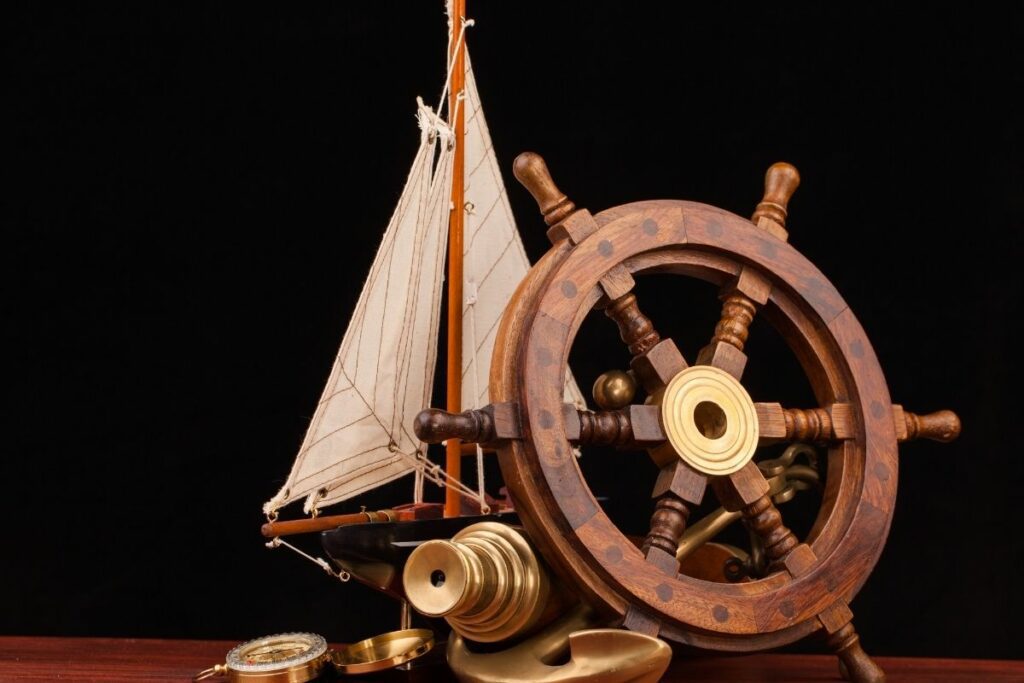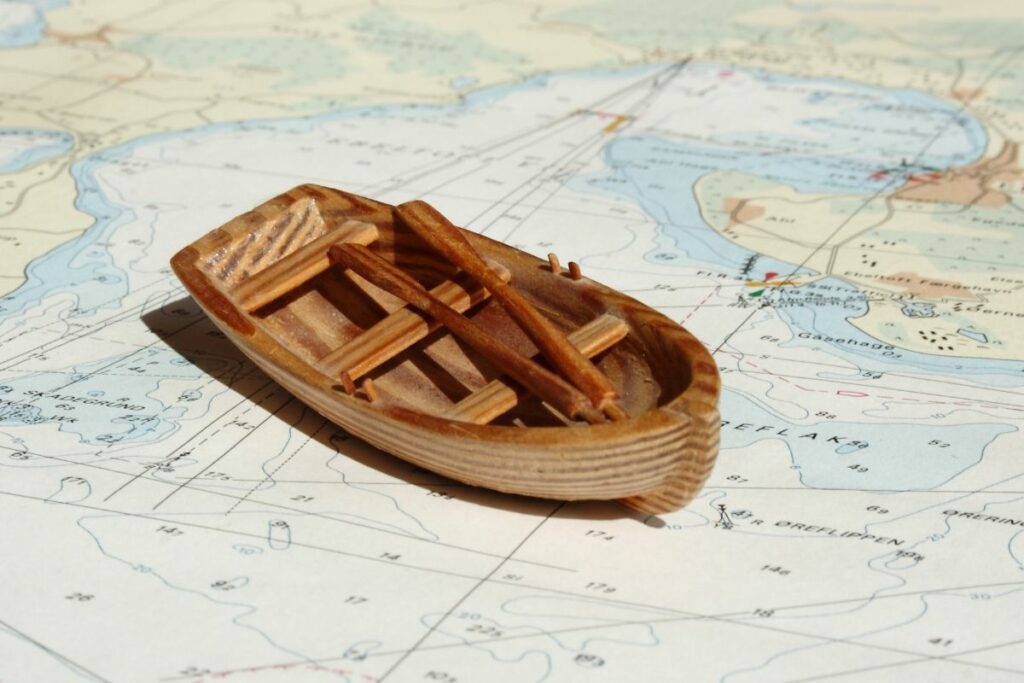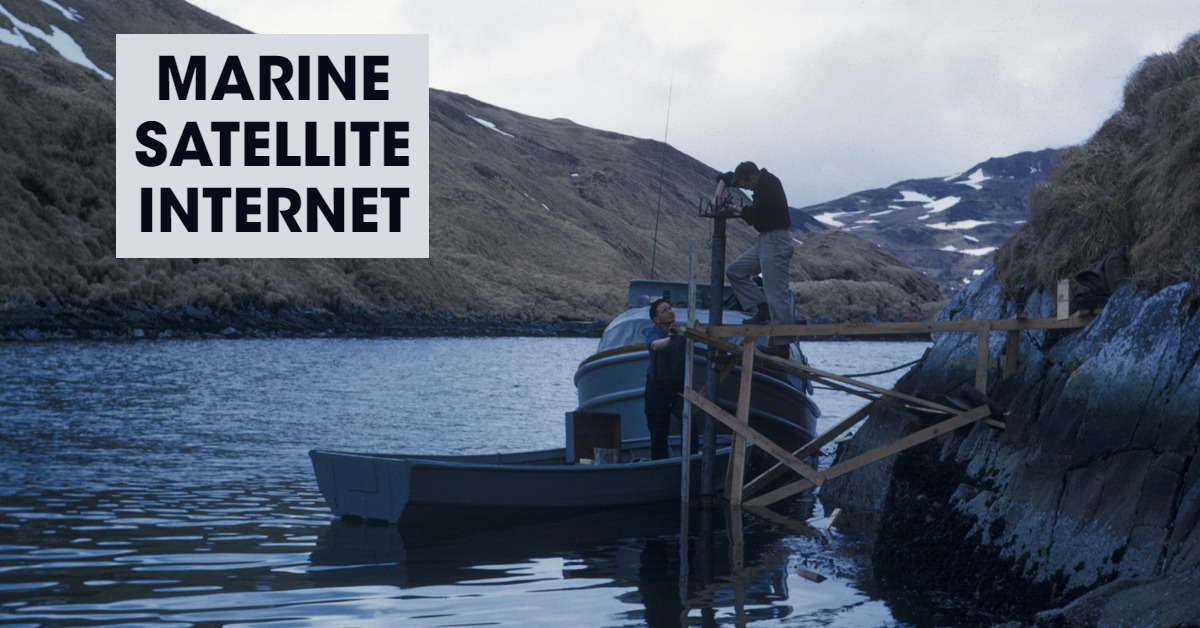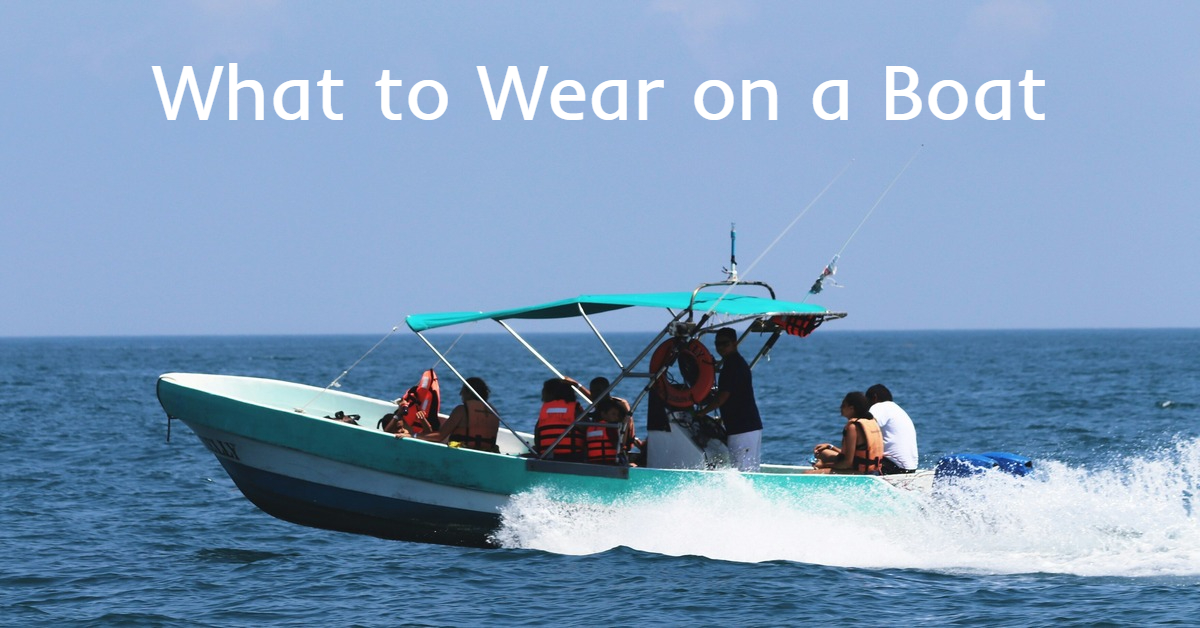When speaking about the history of colonial empires or explorations that circumnavigate the globe, there are a few words that crop up more than most.
A lot of these can be worked out by the audience, whether that be a reader or a person in a physical audience, but some still elude people.

This is especially true for words that are only used in one or two capacities.
These specialized words have quite specialized meanings, and unless you work in the specific field in which these words are applied, there is little chance of you have come across them before.
Take the maritime for example. This word is barely heard of in the Midwest or the central Canadian states, but as soon as you head to New England, Newfoundland, or the coasts of North America, it keeps cropping up more and more in conversation.
So, what is maritime? What does it mean?
In this article, we will take a closer look at this word, at its history, and give you the lowdown about the meaning behind maritime.
The Meaning Of Maritime
Maritime has several definitions, all of which relate back to ships and seafaring, but the standard definition is ‘connected to the sea’.
However, being on land or on water doesn’t change the definition much at all. In fact, if anything, it makes maritime even more applicable to a number of situations.
For instance, when talking about the ocean, any boat that travels along its surface of it is considered maritime, no matter how far inland they travel.
However, maritime also applies to boats that stay within coastal waters, where they are protected from large bodies of water like rivers and lakes.
Even if an area is not bordered by such a body of water, maritime law still applies if the area is surrounded by oceans, seas, or other bodies of saltwater.
The maritime industry covers a wide range of topics, so we will go through a few of the major aspects of the industry here. First off, maritime is important because of the huge amount of business it generates.
From shipping companies to cruise lines, maritime provides jobs for tens of thousands of people every day.
Shipping companies ship goods from around the world to many destinations, including ports like Boston and New York City.
Maritime is also important in terms of the global economy since it connects different continents together. Most trade routes pass through the sea, making maritime very critical to international commerce.
The second thing that maritime means is that it involves sailing. People who own vessels that sail the oceans typically call themselves mariners.
They may also use the term to describe their profession, but it’s not really common outside certain industries. Like the maritime industry itself, sailing is a big part of maritime culture.
Sailing was once seen as a way to move around the Mediterranean Sea and thus became synonymous with the term maritime. It was also one of the first forms of transport, and this made it easier for sailors to travel far and wide.
Sailors were often regarded as heroes in ancient times, and this led to the development of a whole host of myths surrounding them.
Many of these myths revolved around their navigation skills and their abilities to survive in dangerous conditions. These myths weren’t always accurate.
As time went on, however, the stories grew more embellished and exaggerated.
For example, some accounts say that the Greek hero Odysseus had been a sailor before he started his adventures. Others claim that Hercules and Jason sailed across the Atlantic Ocean.
Still, others have said that the Greek god Poseidon was actually a sailor named Thalassius.
While there is little doubt that sailors played an important role throughout the ages, the truth is that most of the myths surrounding sailors are just that: myths.
More than likely, the real-life sailors were ordinary men who lived rough lives away from civilization and saw things that at the time were unbelievable, like whirlpools or giant whales, but were simply sailors.
Why Is the Maritime Industry So Essential?
Maritime has become increasingly essential over the years, and this is largely due to globalization. The modern era began with the Industrial Revolution, which increased productivity and caused massive changes in society.
These changes included greater mobility and the ability to cross borders.

With transportation becoming so easy, people could now work all over the globe. This meant that people no longer needed to live near a major city to find jobs. Businesses could set up shop anywhere, even in remote areas.
This allowed them to reach customers who previously couldn’t afford to buy their products.
As a result, the maritime industry boomed during the 19th and 20th centuries. Companies expanded rapidly, and new ships were built by both private and public entities.
This expansion wasn’t limited to the United States, either; other countries took advantage of cheap labor and abundant resources to build large fleets.
Today, the maritime industry continues to grow despite the fact that many businesses still operate within the borders of the U.S. In addition, the industry is expanding into less popular regions such as Antarctica.
Since it is still very difficult to transport everything we need by airplane, shipping, and the maritime industry has remained a prominent and important part of global trade and without it, a lot of the products and devices we currently enjoy would simply not reach us.
In fact, it is so essential that even sanctioned nations or isolated areas will often still try to join the international shipping trade network in order to gain a foothold on the lucrative business.
Conclusion
Maritime is a term used to denote anything that is connected to the sea, especially when it comes to military exploits and seafaring trade.
As such, if you come across anyone who would be considered part of the maritime industry or maritime exploits in general, then you could make a reasonable assumption that they are a sailor or sail in some capacity.
- Sustainable and Luxurious: Discovering Split’s Yachting Paradise – April 26, 2024
- MarineTraffic vs VesselFinder: Which Is Better Vessel Tracking Service? – February 14, 2024
- Port Costs: A Comprehensive Guide to Port Dues and Fees for Cargo Ships – February 12, 2024





Leave a Reply